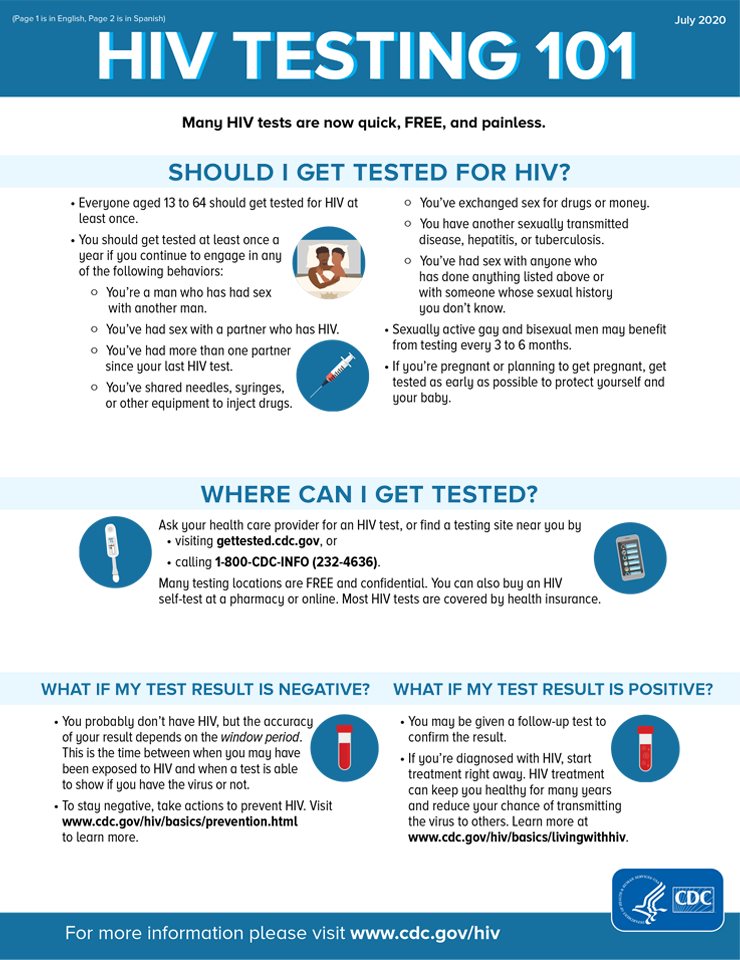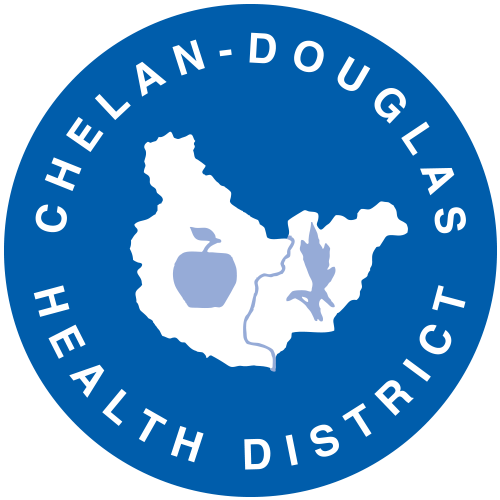About HIV
HIV stands for Human Immunodeficiency Virus. It weakens a person’s immune system by destroying important cells that fight disease and infection. No effective cure exists for HIV. But with proper medical care, HIV can be controlled.
HIV infection leads to Acquired Immunodeficiency Syndrome (AIDS). Without a healthy, functioning immune system, a person may become vulnerable to infections by bacteria, other viruses and disease-causing organisms. These infections may cause life threatening illnesses.

About AIDS
A diagnosis of AIDS is made by a physician using specific clinical or laboratory standards.
AIDS refers to the most advanced stages of an HIV infection. It is a complex condition caused by the human immunodeficiency virus (HIV), which damages the immune system and affects the body’s ability to fight infection and disease.
People with damaged immune systems are at risk for diseases that do not threaten people with a healthy immune system.
Medical Treatment For HIV Can Delay The Onset Of AIDS, Which Is Why It Is Important To Know Your Status And Receive Treatment As Soon As Possible If You Are HIV Positive.
Transmission
In the US, HIV is spread primarily by:
- Having anal or vaginal sex with someone who has HIV without using a condom or taking medicines to prevent or treat HIV.
- For the HIV-negative partner, receptive anal sex (bottoming) is the highest-risk sexual behavior, but you can also get HIV from insertive (inserted?) anal sex (topping).
- Either partner can get HIV through vaginal sex, though it is less risky for getting HIV than receptive anal sex.
- Sharing needles or syringes, rinse water, or other equipment (works) used to prepare drugs for injection with someone who has HIV. HIV can live in a used needle up to 42 days depending on temperature and other factors.
More information on how HIV is passed from one person to another is available from the Centers for Disease Control and Prevention.
Prevention
Today, more tools than ever are available to prevent HIV. In addition to abstinence, limiting your number of sexual partners, never sharing needles, and using condoms the right way every time you have sex. Newer medicines, such as pre-exposure prophylaxis are a possibility when used in conjunction with previously mentioned prevention methods (PrEP) and post-exposure prophylaxis (PEP).
If you are living with HIV, there are many actions you can take to prevent passing it to others. The most important is taking medicines to treat HIV (called antiretroviral therapy, or ART) the right way, every day. They can keep you healthy for many years and greatly reduce your chance of transmitting HIV to your partners.
More information on preventing HIV is available from the Centers for Disease Control and Prevention.
Testing
The only way to know for sure whether you have HIV is to get tested. CDC recommends that everyone between the ages of 13 and 64 get tested for HIV at least once as part of routine health care. Knowing your HIV status gives you powerful information to help you take steps to keep you and your partner healthy.
You can ask your health care provider for an HIV test. Many medical clinics, substance abuse programs, community health centers, and hospitals offer them too. You can also find a testing site from the Washington State Department of Health Chelan County listings. You can also buy a home testing kit at a pharmacy or online.
More information on HIV testing is available from the Centers for Disease Control and Prevention.
Treatment
No effective cure currently exists for HIV. But with proper medical care, HIV can be controlled. Treatment for HIV is called antiretroviral therapy or ART. If taken the right way, every day, ART can dramatically prolong the lives of many people infected with HIV, keep them healthy, and greatly lower their chance of infecting others. Before the introduction of ART in the mid-1990s, people with HIV could progress to AIDS (the last stage of HIV infection) in a few years. Today, someone diagnosed with HIV and treated before the disease is far advanced can live nearly as long as someone who does not have HIV.






